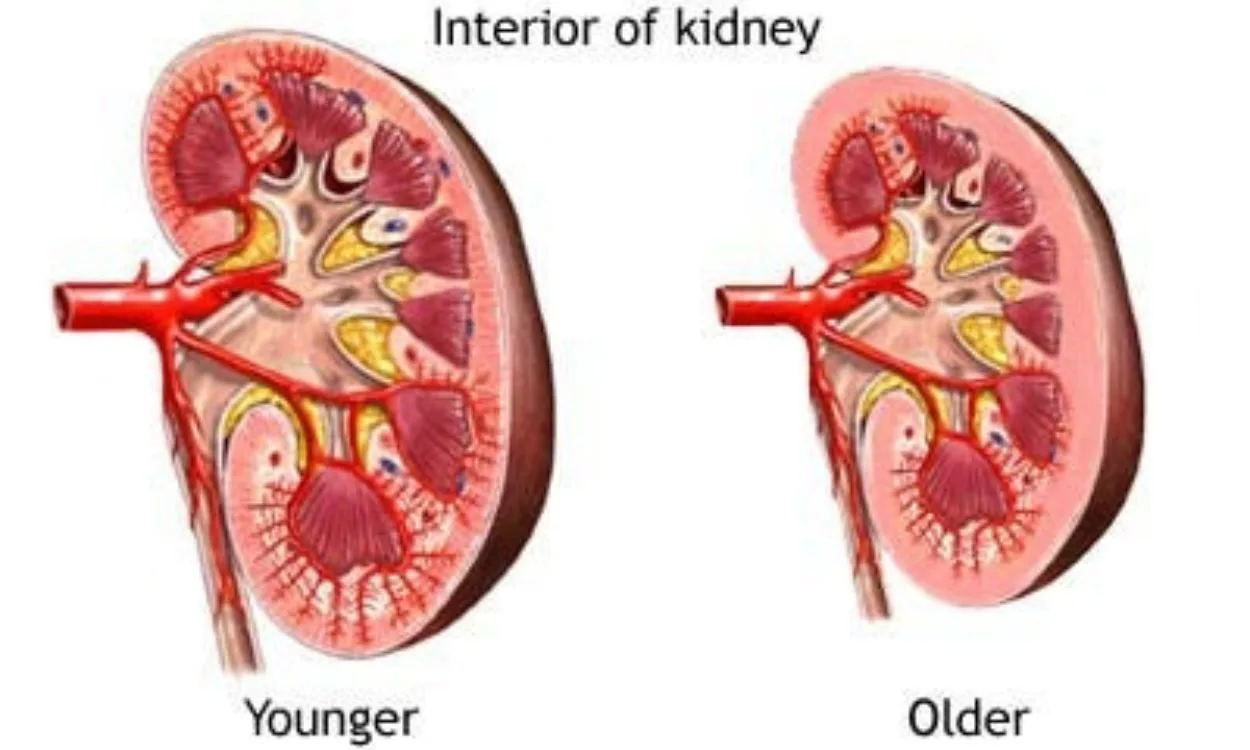How Does Kidney Function Change with Age?
As we age, our bodies go through various physiological changes, and one organ that is directly affected is the kidneys. The kidneys play a vital role in filtering waste products and excess fluids from the blood, maintaining electrolyte balance, and producing hormones that regulate blood pressure. Understanding how kidney function changes with age is crucial for maintaining overall health and well-being. In this article, we will explore the impact of aging on kidney function and provide insights on how to maintain kidney health.
1. Decreased Blood Flow to the Kidneys
- With age, there is a natural decline in blood flow to the kidneys due to changes in the blood vessels.
- Reduced blood flow can affect the efficiency of the kidneys in filtering waste products and toxins from the blood.
2. Decline in the Number of Nephrons
- Nephrons are the functional units of the kidneys responsible for filtering the blood.
- As we age, the number of nephrons gradually decreases, which can lead to a decline in kidney function.
- This reduction in nephrons can result in a decreased ability to remove waste products and maintain fluid and electrolyte balance.
3. Changes in the Structure of the Kidneys
- The structure of the kidneys also undergoes changes with age.
- There is an increase in the amount of connective tissue and a decrease in the number of functioning kidney cells.
- This structural alteration can impair the kidneys’ ability to effectively filter waste products and maintain homeostasis.
4. Decreased Glomerular Filtration Rate (GFR)
- The glomerular filtration rate (GFR) is a measure of how well the kidneys filter waste products from the blood.
- With aging, the GFR tends to decline gradually.
- The decline in GFR can lead to the accumulation of waste products in the body, potentially causing various health issues.
5. Increased Risk of Kidney Disease
- As kidney function naturally declines with age, the risk of developing kidney disease also increases.
- Aging kidneys are more susceptible to damage from various factors such as high blood pressure, diabetes, and medication use.
- It is essential to monitor kidney health regularly and take preventive measures to reduce the risk of kidney disease.
Maintaining Kidney Health with Fitpaa
While aging is inevitable, there are steps we can take to maintain kidney health and slow down the decline in kidney function. Fitpaa, an AI-driven metabolism monitoring and management technology, can provide personalized guidance and support to achieve your health and fitness goals, including maintaining kidney health.
- Fitpaa offers a Metabolism Assessment to identify the root cause of your health condition and assess your current metabolism.
- Based on your metabolism, health goals, lifestyle, and eating habits, Fitpaa prepares a personalized Fitpaa Capsule, which includes medical therapy, exercise therapy, nutrition therapy, and cognitive behavior therapy.
- Following the Fitpaa Capsule, combined with guidance from a team of fitness coaches, nutritionists, and doctors, can help optimize your metabolism and support kidney health.
- Fitpaa’s real-time guidance technology incorporates habit building and timely nudging from cognitive behavioral therapy to inspire and guide you on your journey.
Download the Fitpaa App and Transform Your Life
To experience the joy of being fit and healthy, download the Fitpaa app and join the community of individuals striving to achieve their health and fitness goals. With Fitpaa, you will have access to a comprehensive health and fitness team and a personalized Fitpaa Capsule designed to support kidney health and overall well-being.
Remember, your well-being is Fitpaa’s mission! Start your journey towards better kidney health today with Fitpaa.









